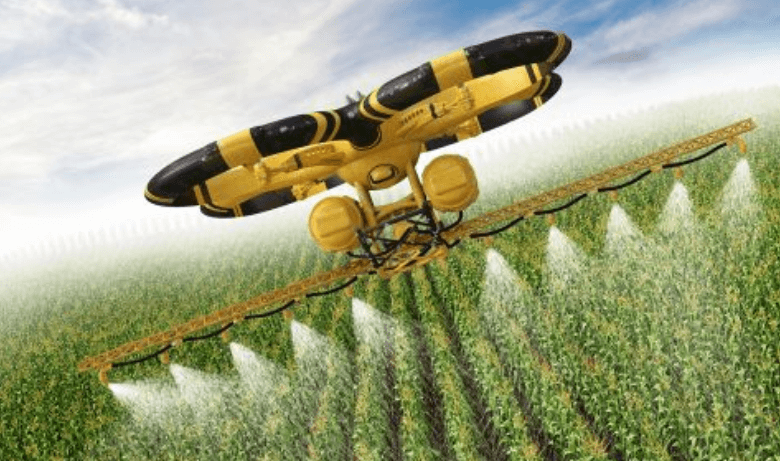The Impact of Technology on Modern Society

Technology has revolutionized the world in ways that were once unimaginable. From smartphones to artificial intelligence (AI), every invention has changed how we live, work, and connect. It has become an inseparable part of our daily lives, shaping the very fabric of modern society. Whether it’s education, healthcare, business, or entertainment, technology continues to push the boundaries of what’s possible.
The Digital Transformation of Everyday Life
In today’s world, technology is everywhere. Our homes are becoming “smart” with devices that can control lighting, temperature, and even security with voice commands. Smartphones serve as our communication hub, entertainment system, and personal assistant all in one. The internet has connected billions of people, allowing instant access to information, shopping, and social interaction from anywhere on the planet.
This digital transformation has made life more convenient and efficient, but it also challenges us to adapt quickly to constant changes.
Technology in Communication
Gone are the days when communication was limited to letters and landlines. Today, we can connect with anyone across the globe through video calls, instant messaging, or social media. Platforms like WhatsApp, Zoom, and Instagram have made it easy to share ideas, moments, and experiences in real time.
However, while technology brings people closer, it can also create distance. Many people spend more time online than interacting face-to-face, raising concerns about the loss of real human connection.
See also: Editing for Narrative Storytelling: Tools and Techniques
The Role of Technology in Education
Education has undergone a massive transformation thanks to technology. Online learning platforms, e-books, and digital classrooms make learning accessible to everyone, regardless of location. Students can attend classes from home, interact with teachers through video calls, and access global resources online.
Moreover, educational software powered by AI can personalize learning experiences, helping students understand difficult subjects at their own pace.
Technology in Healthcare
Healthcare is another field that has greatly benefited from technological innovation. Telemedicine allows patients to consult doctors remotely, while wearable devices track heart rates, blood pressure, and sleep patterns. Robotic surgery and AI diagnostics are improving treatment accuracy and reducing recovery times.
Additionally, digital health records make it easier for medical professionals to share and analyze patient data, leading to better decision-making and faster treatment.
The Business Revolution
Businesses are thriving in the digital age. Bosjoko Technology has introduced automation, data analytics, and e-commerce, helping companies reach a global audience. Cloud computing allows teams to collaborate from anywhere, while AI-powered tools help in marketing, customer service, and inventory management.
Small businesses, too, have gained opportunities to grow through social media and online platforms, leveling the playing field with larger corporations.
The Rise of Artificial Intelligence and Automation
Artificial Intelligence (AI) is one of the most transformative technologies of our time. It powers everything from voice assistants to self-driving cars. AI systems can analyze large amounts of data, recognize patterns, and make decisions faster than humans.
Automation, on the other hand, is reshaping industries by taking over repetitive tasks. While this improves efficiency, it also raises concerns about job displacement. However, it creates new opportunities in AI development, data science, and robotics — fields that require human creativity and problem-solving skills.
Environmental Impact of Technology
Technology isn’t just helping people — it’s helping the planet too. Innovations in renewable energy, electric vehicles, and smart agriculture are promoting sustainability. Solar panels, wind turbines, and energy-efficient systems are reducing carbon emissions and fighting climate change.
However, the production of electronic devices and e-waste remains a challenge. Responsible recycling and green technology development are essential for a sustainable future.
Cybersecurity and Privacy Concerns
As we rely more on technology, protecting personal data has become a major concern. Cyberattacks, identity theft, and data breaches threaten individuals and organizations alike. It’s crucial to adopt strong cybersecurity practices, such as using secure passwords, encryption, and updated software.
Governments and companies must also ensure that technology users’ privacy is protected through transparent policies and regulations.
The Future of Technology
The future of technology promises even greater advancements. Artificial intelligence, blockchain, quantum computing, and biotechnology will continue to transform industries. Smart cities, powered by interconnected devices and data analytics, will optimize traffic, energy, and waste management.
As technology becomes more intelligent and autonomous, humans must guide its growth responsibly to ensure it benefits society as a whole.
Conclusion
Technology has changed the way we live — for the better. It brings comfort, speed, and innovation to every part of life. But with great power comes great responsibility. To fully harness the potential of technology, we must use it wisely, ethically, and sustainably.




